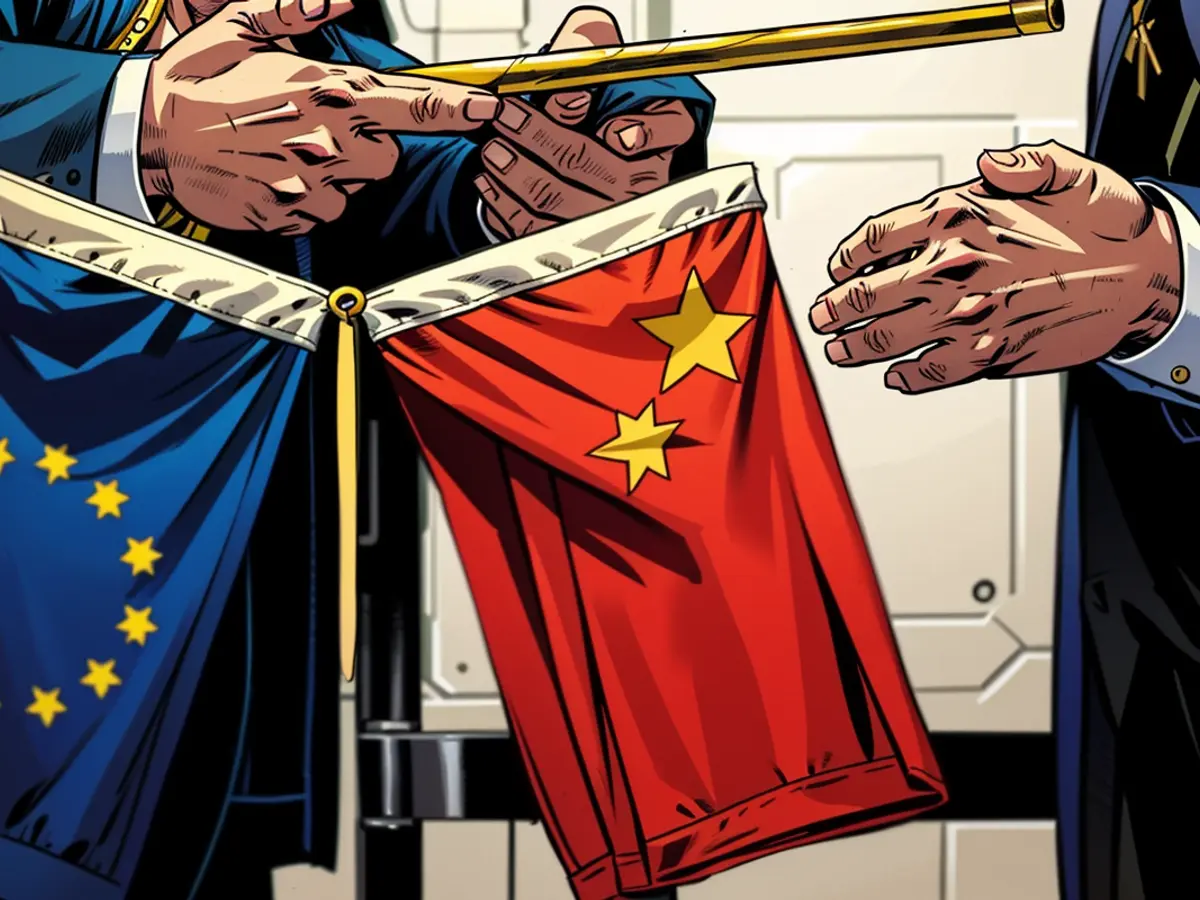- The EU does not intend to levy extra tariffs on Chinese-made electric vehicles.
EU won't slap temporary extra taxes on Chinese EVs. Initially, there were plans to slap heavy compensatory tariffs, retroactively, in specific scenarios, totaling up to 37.6%, as Chinese electric vehicles (EVs) were accused of profiting from misleading subsidies and posing a menace to the EU's industry. However, the EU Commission has now announced that the necessary legal conditions for imposing retroactive tariffs have not been met.
Adjusted tariff at 35.6%
Moreover, the Commission revealed that the tariff rates have undergone slight adjustments and primarily decreases. For instance, the preliminary penalty tariff for BYD was lowered from 17.4% to 17.0%, for Geely from 19.9% to 19.3%, and for SAIC from 37.6% to 36.3%. Tesla will be subject to a personalized tariff of 9%. Businesses collaborating with the EU will incur a tariff of 21.3% (previously 20.8%), while uncooperative companies will be hit with the maximum tariff of 36.3%.
Geely manufactures, among other things, the electric Smart models #1 and #3, as well as the Volvo EX30. SAIC churns out the widely-popular MG4, which ranked second among EVs in Germany's registration statistics in May, just behind the VW ID.3.
Decision yet to be made
A definitive verdict on whether tariffs will eventually materialize is anticipated by the end of October. Nevertheless, the Commission requires approval from the 27 EU member states first. If the majority protests against the measure, the Commission cannot enforce the compensatory tariff. It's also hoped that a diplomatic resolution can be achieved with Beijing.
Affected parties, such as automakers, are now entitled to make a plea to the Commission and submit their opinions within a ten-day span. The Commission will then review these submissions and present its suggestion for a conclusive decision to the member states.
Despite the EU's initial intentions to impose significant tariffs on Chinese EVs due to perceived subsidy abuse and industry threats, the Commission has postponed this action due to lacking legal justifications. Moreover, the tariff rates for various Chinese brands, including Geely and SAIC, have been adjusted, leading to decreases for some.








